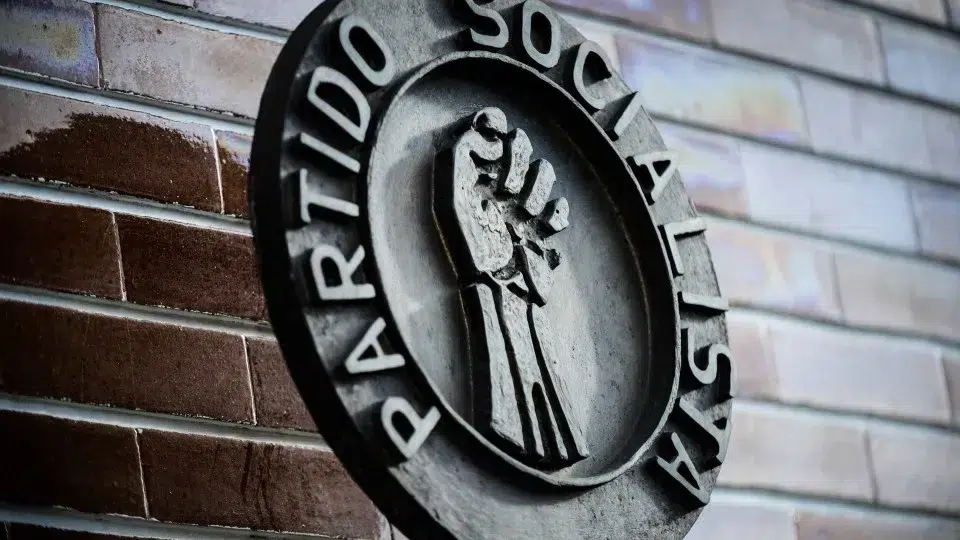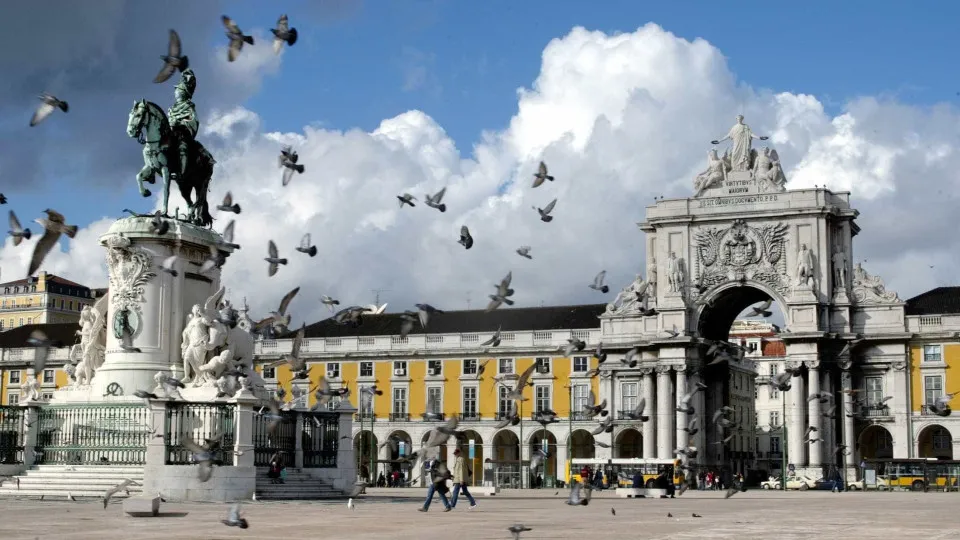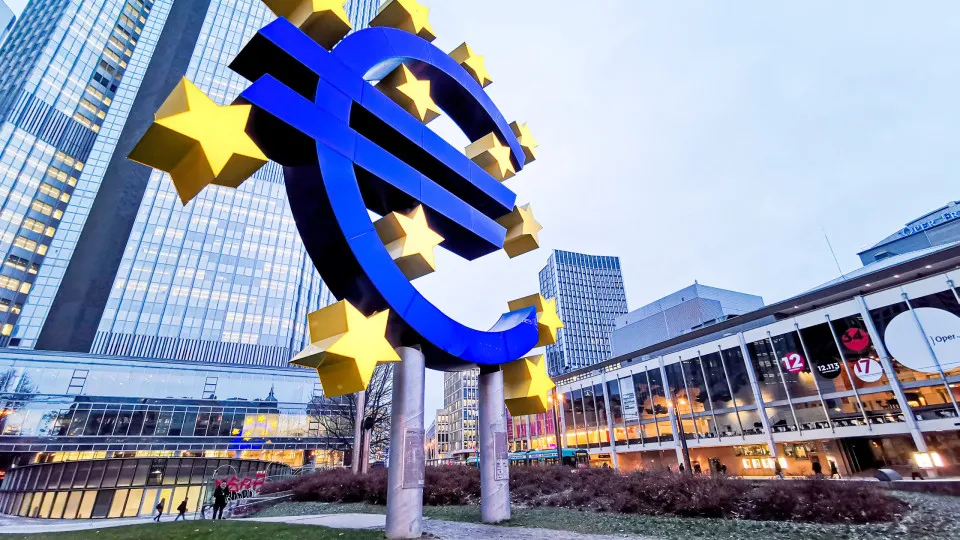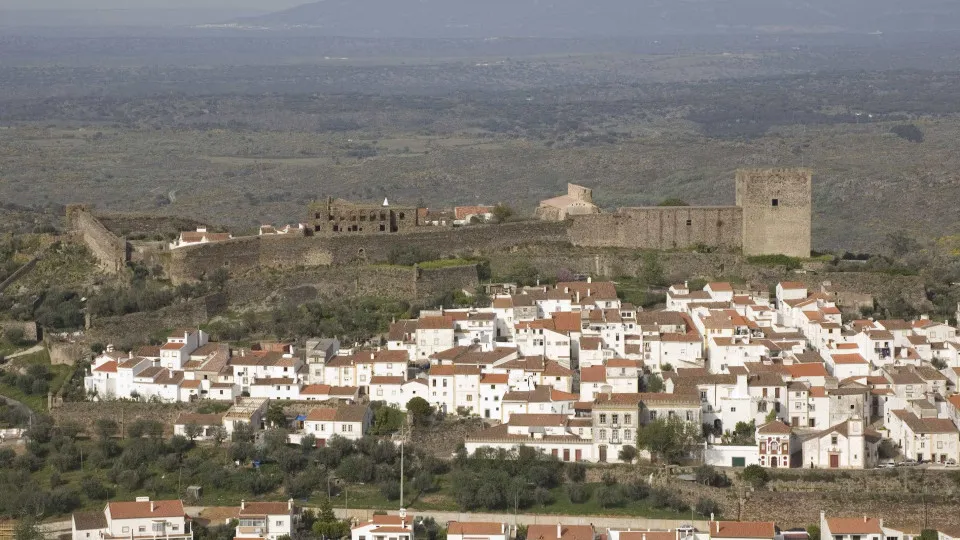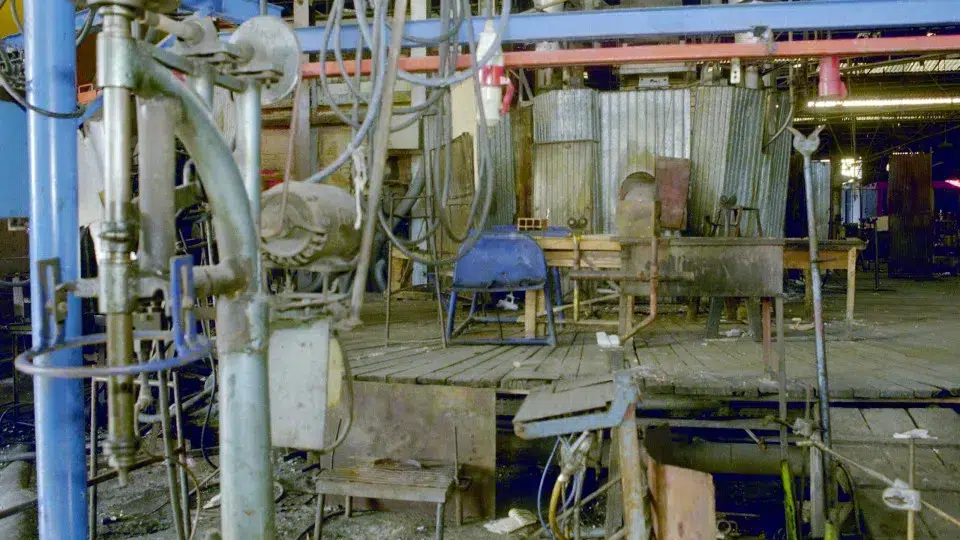
“The process is concluded and has been sent to the archive [of Leiria District]. Twenty-three creditors, former workers, did not receive the credits due to not providing their IBAN, despite being notified, and others due to passing away without heirs claiming payment,” stated a source from the Leiria Commercial Court.
The total amount distributed was 1,200,519.45 euros, with 458 former factory workers receiving 1,183,326.58 euros.
“The difference — 17,192.87 euros — was transferred to the Institute for Financial Management and Justice Equipment. Over the next five years, from February 12, 2025, former workers or heirs can claim payment,” they explained.
According to this source, “there was a former worker who, despite being notified, did not claim the credit,” and in another case, a former employee directed their entitled credit to the care home where they lived.
The insolvency process of Manuel Pereira Roldão dates back to 1999 and was the oldest pending at the Leiria Commercial Court. It began in Marinha Grande, where it was archived, and was redistributed to the Leiria Commercial Court in 2016.
The last insolvency administrator, Carlos Inácio, who took over the process in January 2019, stated that his goal was to bring the process to a close.
“When I was appointed, there were still assets to liquidate, immovable property adjacent to the headquarters of the insolvent company. The first step was to close and liquidate those assets,” he stated.
Carlos Inácio highlighted that “this was achieved,” followed by accounting and creating the distribution map, which involves the proportional division of existing amounts in the insolvent mass among recognized creditors.
Subsequently, given there was “a balance in a Caixa Geral de Depósitos account,” amounting to around 180,000 euros, there was a need to “redistribute this amount again” among former workers.
Carlos Inácio noted that in this payment process to former workers, he had assistance from the Glass Industry Workers Union (STIV).
Over three decades ago, at the end of December 1994, workers at the Manuel Pereira Roldão glass factory captured headlines with their protests against unpaid wages and the announced closure.
The glassworkers’ protest included road and railway line blockades, retention of company administrators at the facility, and occupation of public services, among other actions.
The workers’ initiatives, joined by residents, led the police to enact “one of the most brutal police charges ever seen” in the country, recalled former STIV leader Etelvina Rosa, a former company employee, in an interview nearly a decade ago.
According to Lusa’s archive, on one occasion, authorities pursued demonstrators into commercial establishments and the fire station, beating those present, with around ten people, including two children, requiring hospital treatment in Leiria.
And when workers tried to take refuge in the Council building, the police also struck them, recalled Etelvina Rosa.
The furnace of Manuel Pereira Roldão, established in 1940, was ultimately shut down in the late 1990s.
On December 14, a second reunion of former workers of the company will take place at the Sociedade de Beneficência e Recreio 1.º Janeiro, in Ordem, Marinha Grande.
This gathering marks the 50 and 30 years in which the company was under self-management, first in 1975 (until 1978) and then in 1995.
In the first instance, a Council of Ministers resolution (March 14, 1975) appointed an administrative committee elected by the workers, explained Etelvina Rosa.
In 1995, to prevent the furnace’s closure, as its maintenance assured job continuity, workers decided to establish a management committee that ensured operations until the company was sold, which happened later that year, added Etelvina Rosa.

